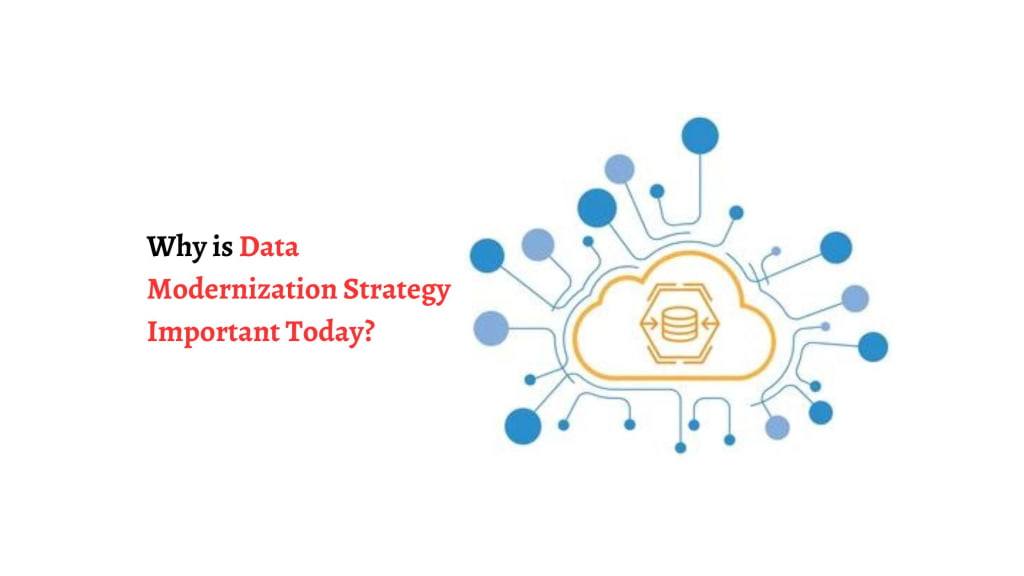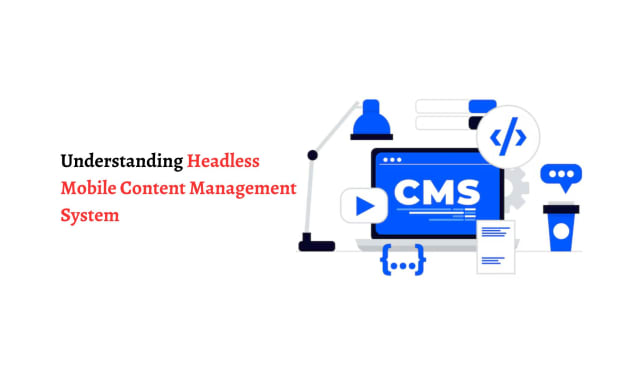Why Is Data Modernization Strategy Important Today?
Why Is Data Modernization Strategy Important

Since OpenAI launched GPT 3.0 by the end of 2022, many organizations have started paving the way for data modernization. Though Generative AI has increased the demand for using data in use among organizations, there have been companies considered early adopters of data modernization strategy. Having data modernization strategy and practices in place brings organizations many advantages beyond implementing or leveraging generative AI. Let’s explore the blog and understand what data modernization is and why organizations need it now.
What is data modernization?
Data modernization can have multiple meanings for multiple organizations. However, it involves modernizing the existing processes and technologies and updating people on how data have been sourced, stored, extracted, queried, and visualized for better decision-making. Organizations invest in data modernization processes to better use their historical data. The process begins with optimizing technologies and tools, such as changing how data has been stored on-premises, updating or engineering ETL or ELT pipeline, modernizing data pruning and visualization processes, and much more based on the organization’s requirements. It also includes sifting through cloud-based solutions, data centers, cloud-native tools, etc.
What is a Data Modernization Strategy?
Data modernization strategy is all about creating a roadmap an organization is required to initiate and abide by to update and optimize data infrastructure, tools, and practices. A strategy is designed based on the organization's data modernization use cases, which are often aimed at establishing a connected, resilient, adaptable, and sustainable "response-ready" data ecosystem that enables them to solve problems that were not possible with already existing data infrastructure.
An organization’s requirements for data modernization strategy can vary from different organizations. For example, if an organization is expanding to a new region or state, they may need data modernization services to migrate on-premise data to the public/private cloud, meet regulatory and compliance needs, big data management, faster information retrieval, reduce data operational cost, efficient use of data among cross-functional teams, and many other reasons often lead to data modernization among businesses.
Top 3 Use Case Data Modernization Strategy Has Become Need Of Businesses Today
Improved Data Quality
With digital evolution and adoption of CRM and CMS and other enterprise digital solutions, organizations have stored large organizational data for over a decade. Many organizations have consolidated different solutions to initiate data-driven decision making practices. However, without a concreate data modernization strategy in place or lack a comprehensive roadmap with defined objective or outcomes, companies haven't received quality in data which could support predictive decision making needs. Investing in data modernization strategy with an experienced data modernization company can help you with modernizing your data and ensure its management that supports data quality needs an organization requires from consolidated or siloed data sources.
Meet Compliance and Security Requirements
Compliance and security concerns have been major impediment organizations have required data modernization. Though organizations have take the steps but without a right data modernization strategy in place, many have failed to meet the state regulations and securing crucial customer or business information's. Industries like energy, public sector, transport, healthcare, and financial services organizations requires to abide by compliance as their services transects between states and storing and processing data requires crucial attention. Data modernization strategy and practices guides you through the right steps in selecting the data infrastructure, data storage according to state guidelines and compliance and establish interoperational requirements allows seamless business operations across states.
Support AI Model
Generative AI is the hard truth of our time that no organization can deny its significance in one way or another. As every organization strives to position itself as a future-forward company, not being ready to provide Generative AI-powered experiences in your business can lead to falling behind competitors and missing out on critical opportunities for innovation and growth.
Conclusion
A robust data modernization strategy is no longer optional but a critical necessity for organizations aiming to stay competitive and compliant. As the adoption of Generative AI continues to rise, the importance of optimizing and modernizing data infrastructure cannot be overstated. A well-structured data modernization strategy not only enhances data quality and supports compliance and security requirements but also positions organizations to leverage advanced AI capabilities effectively. By investing in data modernization, businesses can ensure they are equipped to handle the complexities of modern data environments, drive innovation, and make informed decisions that propel growth and operational excellence.
About the Creator
Enjoyed the story? Support the Creator.
Subscribe for free to receive all their stories in your feed.





Comments
There are no comments for this story
Be the first to respond and start the conversation.